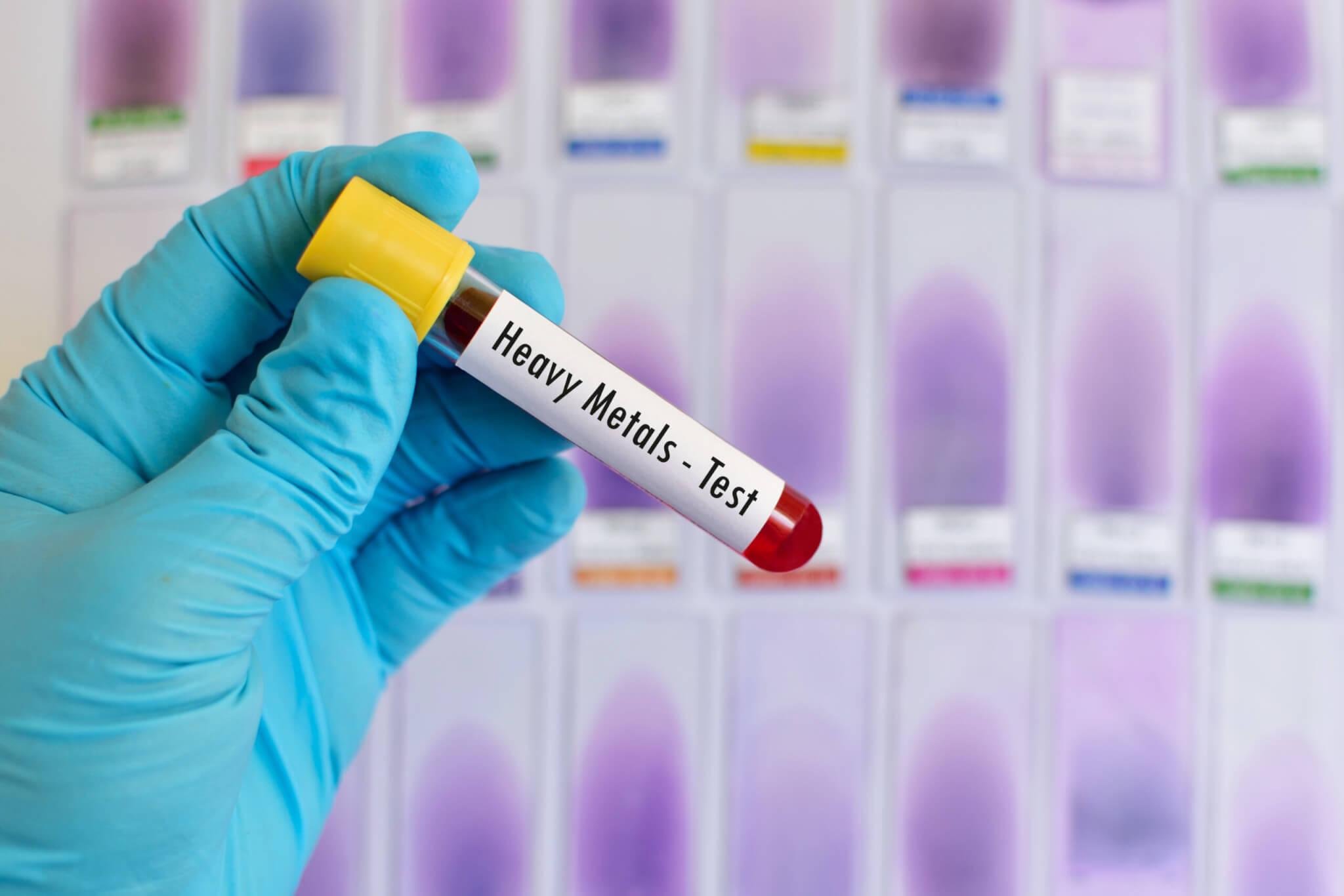WASHINGTON — Scientists are issuing a dire new warning after cancer-causing heavy metals were found in children’s foods. Two new studies from Michigan State University are shedding light on the correlation between heavy metals in food and serious health ailments, warning the issue has “taken on new urgency.”
The studies arrive in the wake of alarming findings, such as the 2021 US Congressional Report revealing high metal levels in infant food and similar discoveries in children’s fruit puree pouches. These revelations underscore the widespread issue of foodborne metal contamination.
One of the studies undertook a comprehensive evaluation of health risks associated with dietary exposure to lead, arsenic, and cadmium. These heavy metals, often absorbed by food crops from contaminated sources like soil, air, and water, are found in everyday foods including rice, cereals, nuts, and vegetables.
Lead, known for its presence in old paint and contaminated soil, showed a moderate to high risk for causing various cancers such as lung, kidney, and brain, as well as other non-cancer health effects. Arsenic, commonly found in rice, wheat, and vegetables, indicated similar risk levels for skin, bladder, lung, kidney, and liver cancers, alongside non-cancer risks like cardiovascular disease and neurological effects.

Cadmium, present in nuts, potatoes, seeds, cereal grains, and leafy green vegetables, revealed moderate to high risks for cancers like prostate, renal, and breast, and non-cancer effects on the renal and neurological systems. An earlier study highlighted the heightened exposure of infants and young children to cadmium in common foodstuffs.
The second study focused on the quantitative assessment of cancer risks from inorganic arsenic exposure. Preliminary estimates suggest thousands of additional cases of bladder, lung, and skin cancers annually in the U.S. due to inorganic arsenic consumption through foods like rice, wheat, and leafy green vegetables.“Results from these studies have important implications for food safety regulations, public health policies, and consumer awareness,” says study author Felicia Wu, Michigan State University food scientist and incoming president of the Society for Risk Analysis, in a media release.
The integration of data from various sources, including food and water samples, and the application of quantitative cancer risk assessment models, have been pivotal in understanding the magnitude of this public health issue.
The findings were presented at the 2023 Society for Risk Analysis Annual Conference.
Health Issues Found In Everyday Foods
Outside of heavy metals, there’s other health risks that can be associated with consuming everyday foods. They include:
1. Pesticide Residues: Fruits and vegetables often contain traces of pesticides, which can lead to health problems like hormonal imbalances and neurological issues.
2. Foodborne Pathogens: Foods like undercooked meat, unpasteurized dairy, and contaminated produce can harbor bacteria such as Salmonella, E. coli, and Listeria, leading to food poisoning and severe gastrointestinal issues.
3. Artificial Additives: Artificial colors, flavors, and preservatives in various processed foods may cause allergic reactions and have been linked to behavioral issues in children.
4. Mycotoxins in Grains and Nuts: Certain fungi produce toxins, like aflatoxins, that can contaminate grains and nuts, potentially causing liver damage and cancer.
5. Acrylamide in Fried and Baked Goods: Acrylamide, formed in foods like French fries and baked goods when cooked at high temperatures, is a potential carcinogen.
6. Antibiotic-Resistant Bacteria: Overuse of antibiotics in livestock can lead to antibiotic-resistant bacteria, which can be transferred to humans through meat consumption.
7. Hormonal Disruptors in Dairy and Meat: Some dairy and meat products may contain hormonal additives that can disrupt human hormone balance.
8. GMOs (Genetically Modified Organisms): The long-term health effects of consuming GMO foods are still a subject of debate and research.
9. Phthalates in Plastic Packaging: Chemicals from plastic packaging can leach into food, potentially affecting endocrine function.
It’s important to note that while these issues are associated with certain foods, the degree of risk varies based on factors like quantity consumed, individual health conditions, and food preparation methods. Adopting a balanced diet and being aware of food sources and processing can help mitigate these risks.
